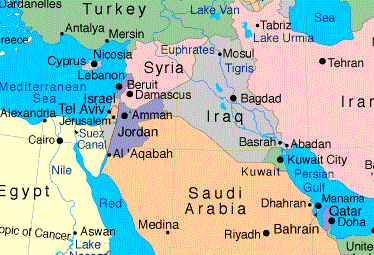900 319 0030
enquiry@shankarias.in
What is the issue?
How did the Syrian Conflict pan out?
What were the differences in intentions?

What are the emerging cracks?
What are Iran’s concerns?
Source: The Hindu